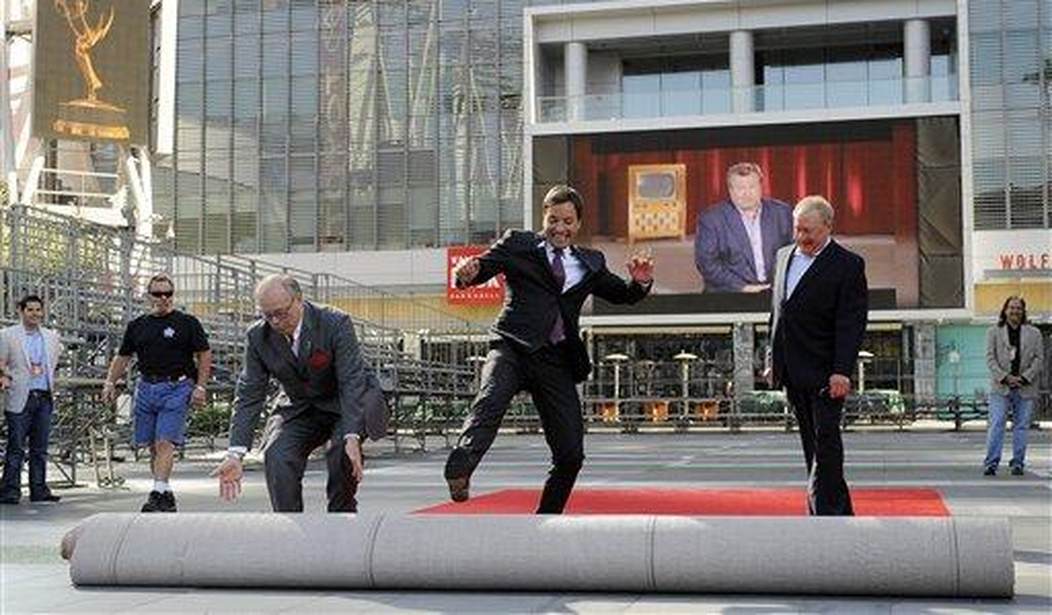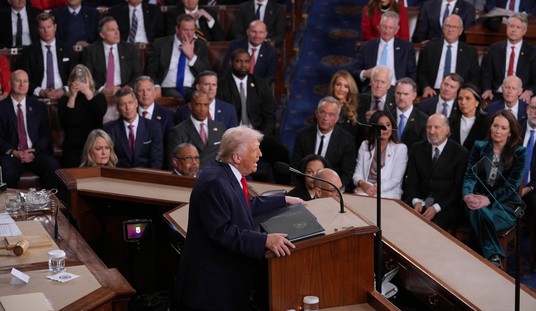Star Wars isn’t the only entertainment franchise to struggle with the “dark side.” In fact, the entire entertainment industry appears to be going to darker, more disturbing places in its storytelling – and particularly in programs targeted to youth.
Reporting about the recent Emmys broadcast, the Associated Press noted this TV trend: The evening’s uplifting tone, as voiced especially by Zendaya, Lizzo and Sheryl Lee Ralph, was in contrast to the darkness that pervaded the storytelling of the best drama series winner “Succession” and even comedy series victor “Ted Lasso.”
We have noted this trend even in our own research at the Parents Television and Media Council.
In our report analyzing all four seasons of Netflix’s Stranger Things, we found that the TV-14-rated program steadily introduced more explicit adult content with each new season, resulting in a shocking increase of uncensored profanity and graphic violence. There was a 217% increase in profanity from season 1 to season 4 (explicit language is uncensored), and a 307% increase in violence from season 1 to season 4. Season 4’s first episode even contains depictions of dead children.
Our research of Netflix “Teen” programs revealed that nearly half of all this programming was rated either TV-MA (104 titles, or 40.8%) or R (23 titles, or 9.0%); and every single program that carried a TV-14 moniker included harsh profanities.
In the new Disney-owned FXX animated show, Little Demon, the focus is on a 13-year-old middle school girl Chrissy, whose father is Satan -- making her the antichrist. In just the first three 30-minute episodes, our research found 173 instances of explicit language including 38 f-words and 35 s-words (all unbleeped); 45 instances of violence including graphic, gory violence such as heads exploding and bodies being mutilated and dismembered; sexual content including animated female frontal nudity (no pixilation), vulgar slang references to male and female genitalia, vile sexual innuendo, a main character who gets turned-on by violent sex; all along with occult imagery, Christian-bashing, and drug use.
Recommended
Hollywood will claim that it is only giving audiences what it wants to see. That’s only part of the story. The reality is that in its quest to edge out the competition, each TV production company wants to break new ground. The problem is that Hollywood is consistently digging into the darkness, serving this to audiences, and calling it “good.”
We have seen this with HBO’s Euphoria, a teen-targeted program that has shown high school aged characters and adults in explicit sex scenes, including multiple on-screen depictions of male genitalia and female breasts; has mainstreamed underage drinking and illicit drug use; barraged viewers with explicit language. One episode fixated on the naked body of a high-school-aged female character as she engaged in various sex acts with another character. Euphoria revels in this darkness, offering nary a glimmer of hope to anyone struggling with drug addiction or other trauma.
When Euphoria first debuted, creator Sam Levinson, proudly proclaimed that “there are going to be parents who are going to be totally f***ing freaked out.” HBO has touted the show as its “youngest-skewing drama series” on its streaming platform, which suggests teens are watching.
After winning the Emmy for Best Actress for her portrayal of Euphoria’s drug-addicted teenager Rue, Zendaya remarked, “My greatest wish for ‘Euphoria’ was that it could help heal people.”
With all due respect to the actress, there has never been a time when serving deeper darkness could help to heal people from darkness. In fact, just the opposite is true. What people need is hope, and an opportunity for redemption. Instead, programs like Euphoria normalize and romanticize drug addiction, sexual abuse, mental health challenges, and other darkness, and the tragic result is to push those at risk into even deeper darkness and despair.
Our nation’s children are at risk with the messages they see and hear in entertainment programming and in social media. According to the National Institutes of Health, suicide is now the second-leading cause of death to children ages 10-14. Another scientific study found that nearly 1 in 7 children aged 9-12 shared their own nude photos last year, almost triple the number from just one year earlier. The Surgeon General has warned about a mental health crisis among young people.
Hollywood, if it wanted to, could help lead the healing process by producing and marketing more light, more hope, more aspiration – and far less darkness – to children, and in fact to everyone.
A former NBC and MGM executive, Tim Winter is the president of the Parents Television and Media Council (PTC), a nonpartisan education organization advocating responsible entertainment. Twitter: @ThePTC























Join the conversation as a VIP Member